Energy Transition - A Global Urgent Goal
Currently, the issue of climate change has become a global “nightmare” when causing serious and extreme impacts on the Earth. Therefore, the whole world is having to join hands and show solidarity in the fight against climate change. Among those strong actions, the conversion, development of clean energy and reduction of carbon emissions are inevitable trends globally.
A good sign for global energy development is that in 2025, renewable energy will surpass coal for the first time in generating total electricity output globally. In addition, solar and wind power will far exceed the growth in electricity demand this year.
According to the Ember Energy Research Organization, from January to June 2025, wind and solar power sources provided 5,072 terawatt hours (TWh), surpassing the 4,896 TWh from coal – the first time renewable energy has surpassed coal in global electricity production. This is a milestone affirming the growing role of renewable energy in ensuring energy security and sustainable development.
In Vietnam, after committing at COP26 to achieve net zero emissions by 2050, the Government and ministries and sectors have urgently concretized an action roadmap, in which the banking sector plays an important financial intermediary role to promote green capital flows.

Policy Framework – A Strong Step for Green Transformation
In April 2025, the Government approved the Adjustment of the National Power Development Plan for the 2021–2030 period, with a vision to 2050. Accordingly, Vietnam aims to have the proportion of renewable energy (excluding hydropower) reach 28–36% by 2030, and 74–75% by 2050, towards a green, clean, independent and sustainable energy sector.
Previously, the Politburo issued Resolution No. 70-NQ/TW dated July 11, 2024 on ensuring national energy security until 2030, with a vision to 2045 (referred to as Resolution 70). The Resolution emphasized the need to strongly develop renewable energy, improve energy efficiency, reduce greenhouse gas emissions, protect the environment and link with national sustainable development goals (SDGs).
Many experts believe that Resolution 70 of the Politburo is expected to pave the way for a series of breakthrough mechanisms in energy. Because the contents in it are considered a stronger step forward when specifying goals, mechanisms and solutions, closely following reality, directly solving urgent problems of the energy sector.
From the perspective of a state management agency, Mr. Tran Hoai Trang, Deputy Director of the Electricity Department (Ministry of Industry and Trade) shared that the Ministry is completing the draft Resolution of the National Assembly on mechanisms and policies to remove difficulties in national energy development.
Accordingly, the Draft focuses on groups of solutions to remove bottlenecks in planning, investment and development of power sources, ensuring to meet the rapidly increasing demand for electricity in the coming period. The Ministry also emphasizes the importance of balancing coal power, LNG power and renewable energy, especially in the Northern region - where the risk of power shortages still exists.
Agribank – Pioneer in "greening" credit flows
During the journey of more than 37 years of construction and development, Agribank has always associated its business mission with social responsibility and environmental protection, considering this as the core element of its sustainable development strategy. In particular, credit for green and sustainable energy conversion has always been a priority for the bank.
Agribank has proactively built an ESG (Environment - Society - Governance) framework, including: Environmental factors (E): integrating environmental risk criteria into the credit appraisal process, excluding projects with pollution risks, prioritizing renewable energy projects, green agriculture, and cleaner production; Social factor (S): promoting financial inclusion, agricultural and rural credit, creating jobs for millions of rural workers; Governance factor (G): enhancing transparency, legal compliance, and applying digital transformation in risk management, operations, and internal supervision.
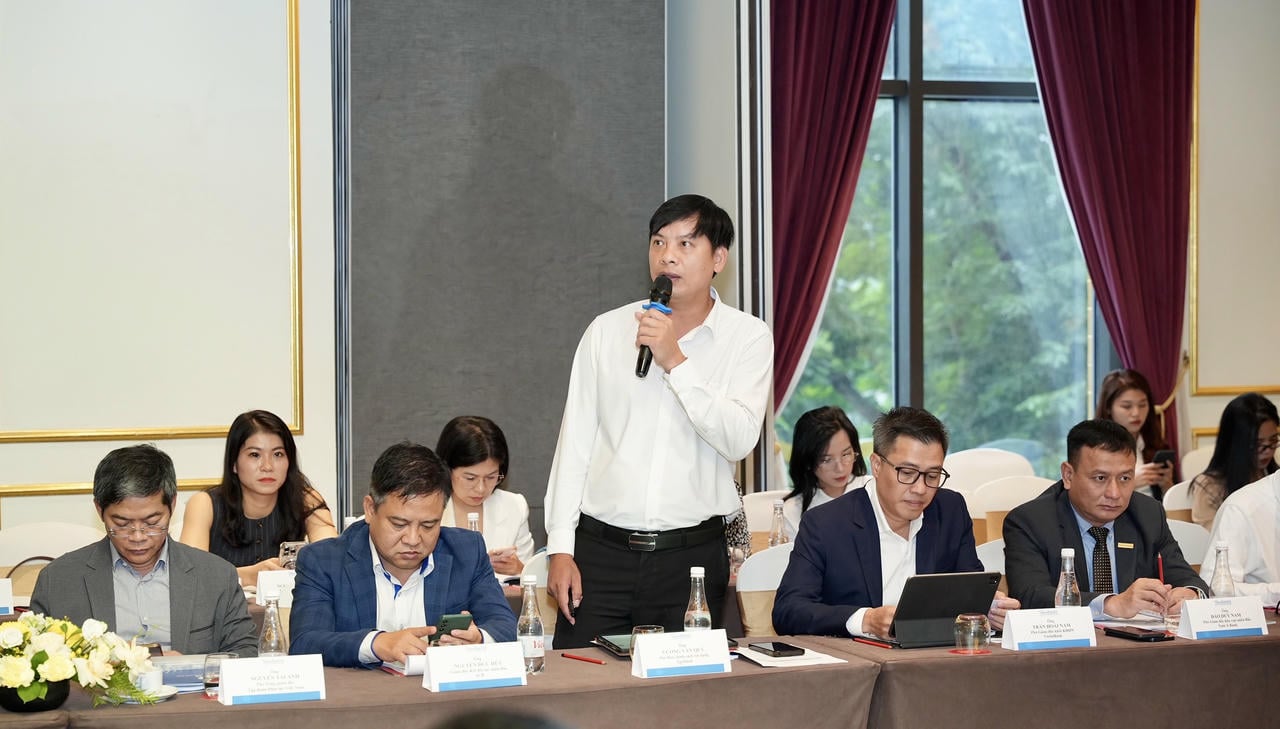
Speaking at the workshop “Green energy transformation from the perspective of Resolution 70 of the Politburo” (October 30, 2025, Hanoi), Mr. Vuong Van Quy - Deputy Head of Agribank Credit Policy Department emphasized: “Green credit, especially credit for renewable energy and clean energy, plays a key role in mobilizing social resources, supporting businesses and people to invest in energy transformation. This is also one of the long-term development focuses of Agribank, associated with the strategy of digitalization and international integration.”
To date, Agribank has implemented many action programs associated with the message “For a green future” and “sustainable development”, including prioritizing loans for renewable energy projects. The bank has also actively implemented the ESG (Environment – Society – Governance) framework, with environmental risk assessment being an important basis for granting credit.
As of June 30, 2025, Agribank's green credit balance reached nearly VND 28,800 billion. Of which, the balance in the clean energy and renewable energy sector reached about VND 15,107 billion (accounting for about 52.5% of green credit balance - the largest proportion of green credit balance at Agribank).
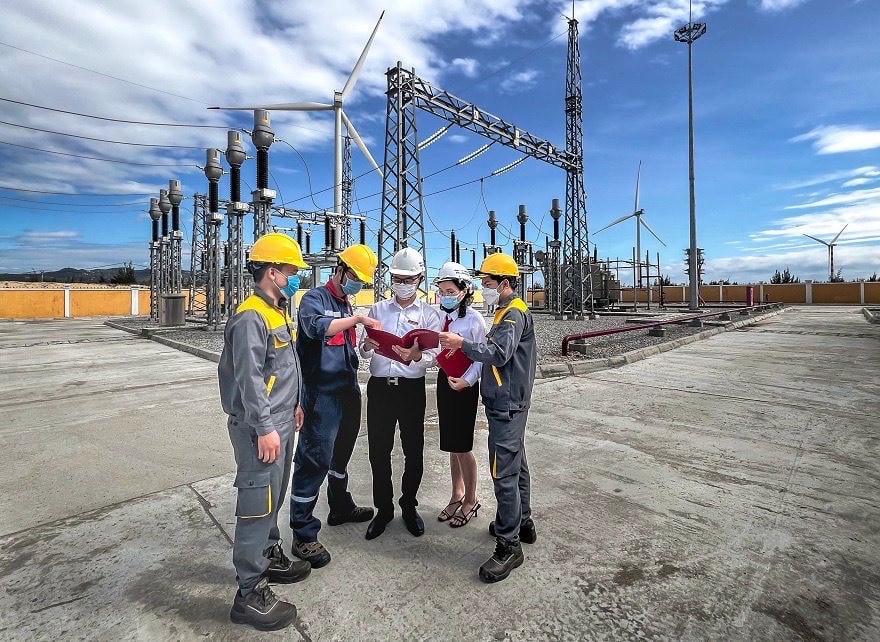
“We have implemented a variety of green credit programs, with a total scale of tens of thousands of billions of VND. Some of these programs focus on green energy and renewable energy. Specifically, prioritizing renewable energy projects, clean agriculture and environmental protection, helping businesses reduce capital costs and promote green transformation. Expanding investment in environmental protection projects funded by international organizations for wind, solar and biogas energy projects funded by international organizations” - Deputy Head of Agribank Credit Policy Department informed.
Recently, Agribank has launched a preferential loan program “Green Departure - Accompanying You” with a credit scale of up to 2,000 billion VND, for individual customers who need to borrow to buy cars and electric motorbikes. Many people believe that this program clearly demonstrates Agribank's commitment to accompanying the Government in building a sustainable economic development. This is also part of Agribank's ESG development strategy - taking green development as a core pillar.
5 proposals of Agribank on green energy development
Based on Resolution 70 and to promote the role of financial intermediary to promote the green energy transition, Agribank proposes to the Government 5 contents:
✅ Perfecting the overall legal framework: Issuing unified regulations on green credit and green bonds (with a focus on green energy); specifying criteria for managing environmental and social risks.
✅ Create incentive mechanisms: Incentive risk coefficient, reduce capital costs for green energy projects; rating green energy credit institutions; access to international capital, climate funds and refinancing from the State Bank for renewable energy technology.
✅ Human resource development: The State Bank coordinates with international organizations to regularly organize training courses on sustainable finance and ESG focusing on green energy.
✅ Standardize data, make information transparent: Build a database of greenhouse gas emissions and green energy credits, apply digital technology to monitor renewable energy projects.
✅ Strengthening awareness and inter-sectoral coordination: Strengthening coordination among ministries, such as the Ministry of Agriculture and Environment, the Ministry of Finance and the State Bank, to ensure that green energy credit policies are implemented synchronously, avoiding overlap or contradiction.
Source: https://baophapluat.vn/agribank-xanh-hoa-tin-dung-cau-noi-de-phat-trien-nang-luong-xanh-tai-viet-nam.html





![[Photo] Opening of the 14th Conference of the 13th Party Central Committee](https://vphoto.vietnam.vn/thumb/1200x675/vietnam/resource/IMAGE/2025/11/05/1762310995216_a5-bnd-5742-5255-jpg.webp)


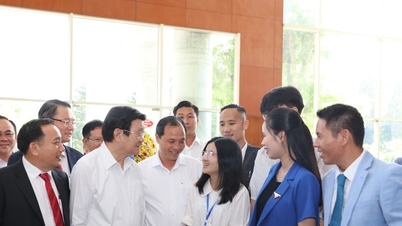

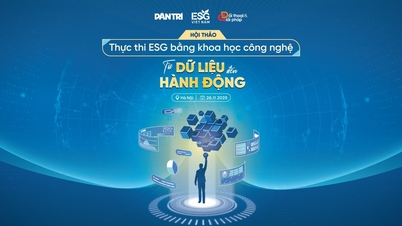



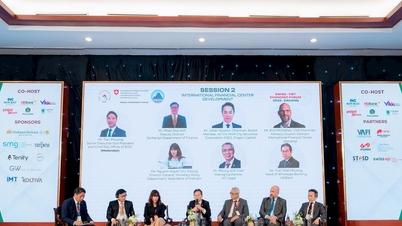
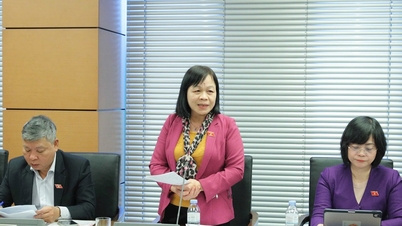

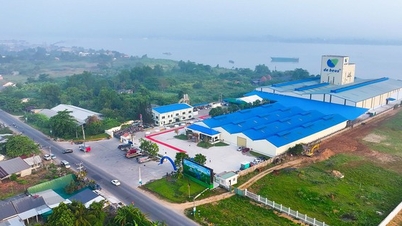


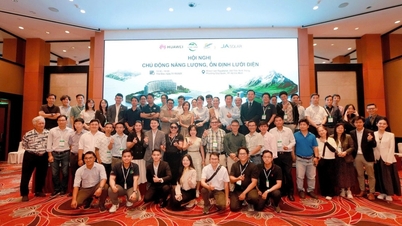










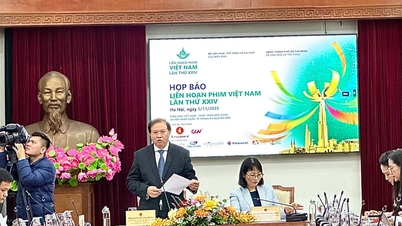
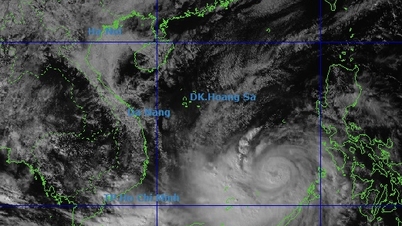





![[Photo] Panorama of the Patriotic Emulation Congress of Nhan Dan Newspaper for the period 2025-2030](https://vphoto.vietnam.vn/thumb/1200x675/vietnam/resource/IMAGE/2025/11/04/1762252775462_ndo_br_dhthiduayeuncbaond-6125-jpg.webp)




































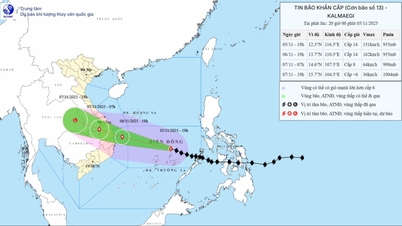















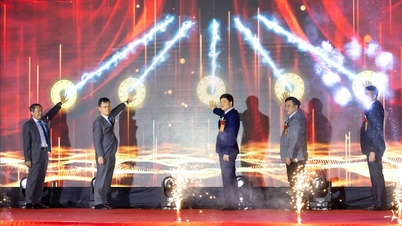

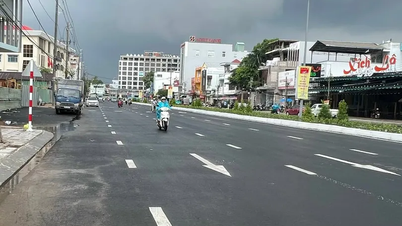



















Comment (0)